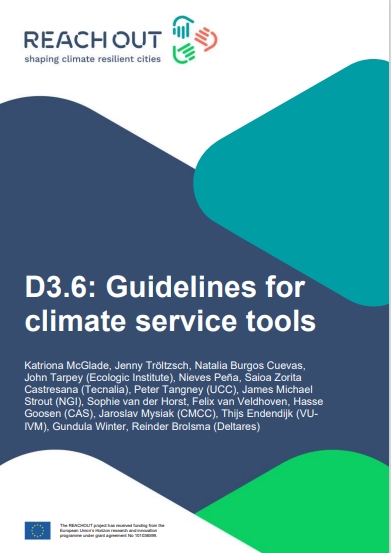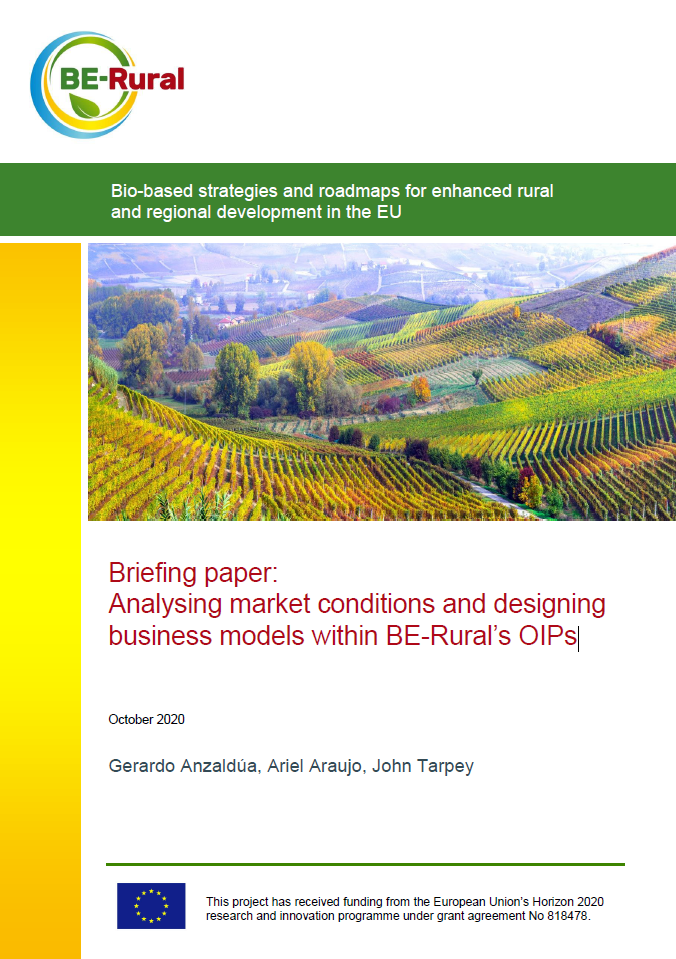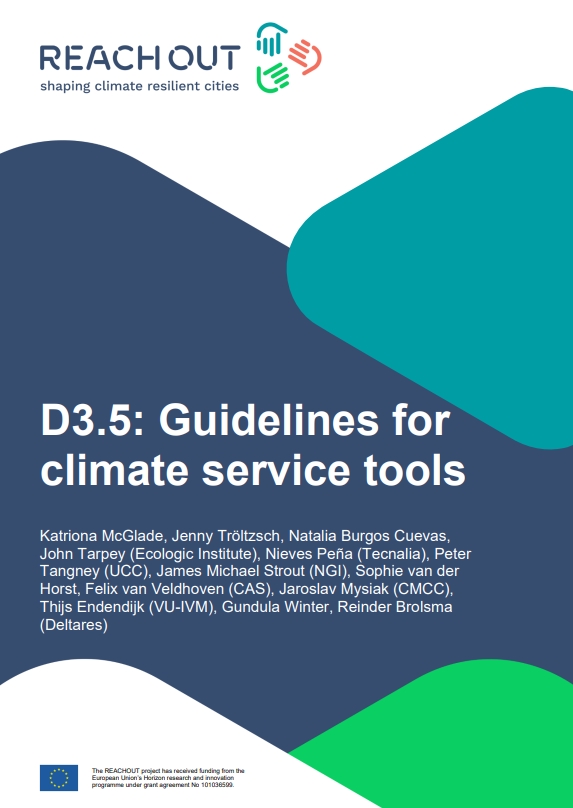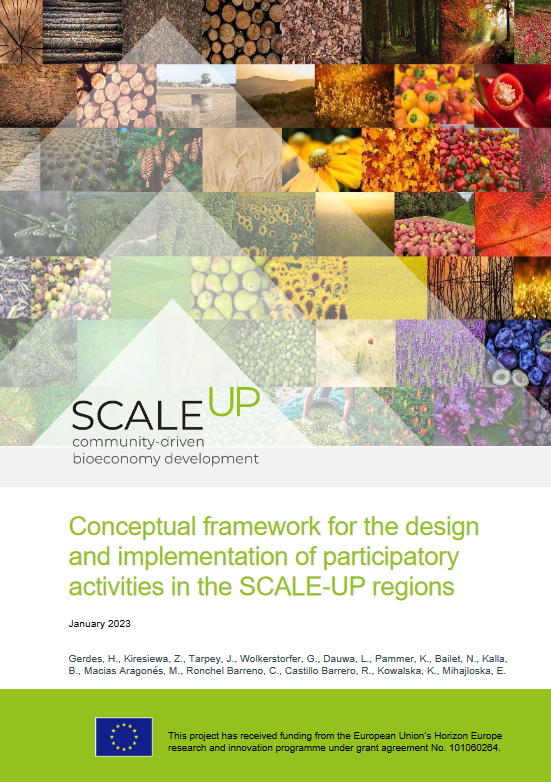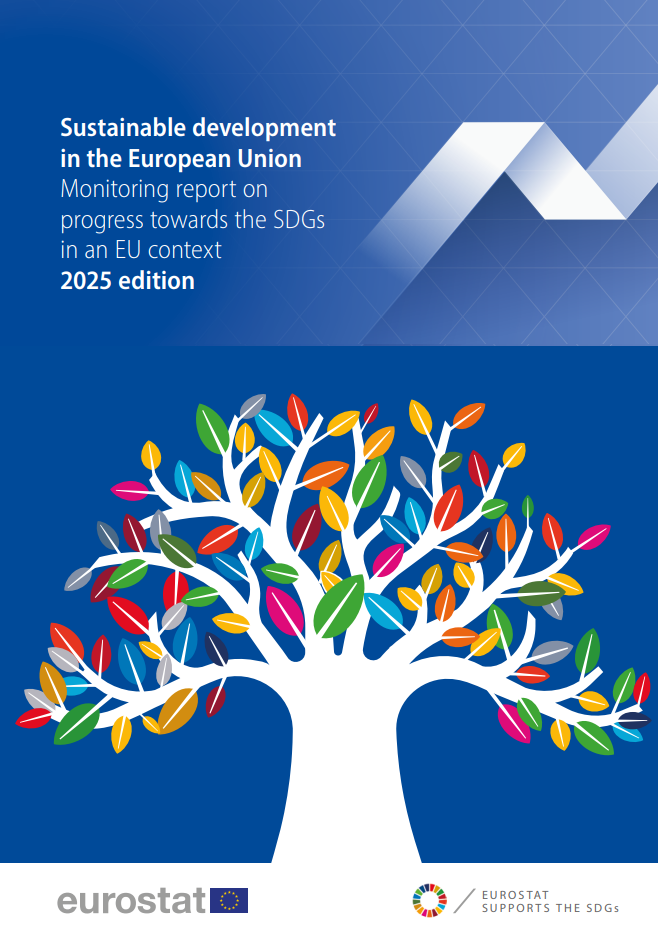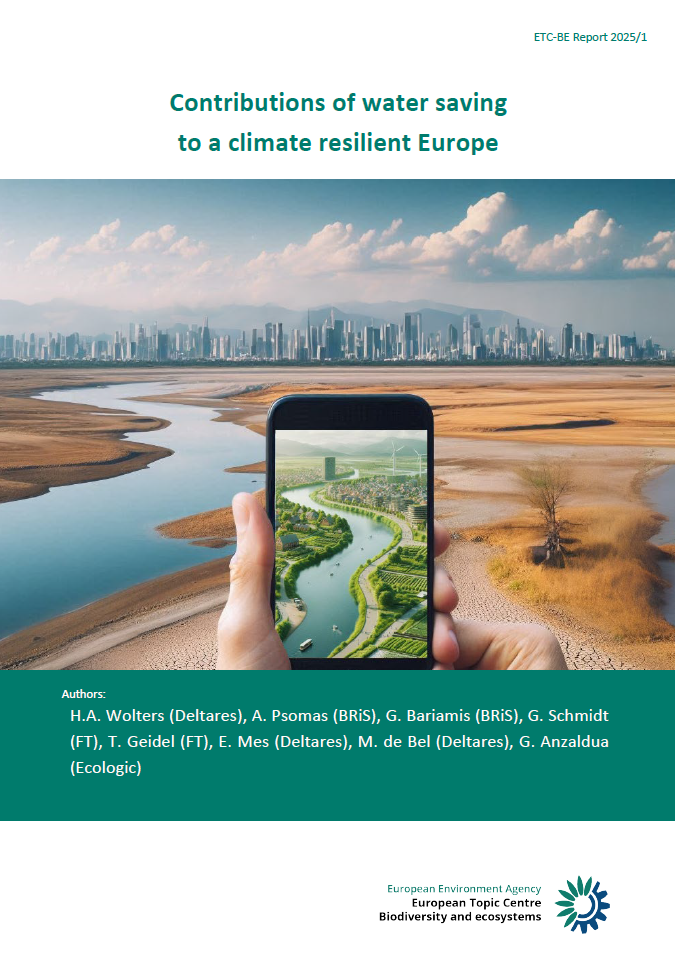Publication:Policy Brief
News
Publication:Report
Guidelines for Climate Service Tools
Deliverable 3.6 of Horizon 2020 project REACHOUT
Year
Read morePresentation:Panel discussion
News
Sampling with Schinkel Elementary School by River Spree
Plastic Pirates Spring Campaign 2025
Read more
Project
Publication:Document
Analysing Market Conditions and Designing Business Models within BE-Rural's OIPs
Deliverable 5.1 H2020 research project BE-Rural
Year
Read morePublication:Report
Guidelines for Climate Service Tools
Deliverable 3.5 of Horizon 2020 project REACHOUT
Year
Read morePublication:Report
Publication:Policy Brief
Publication:Report
The Impact of Subsoil Management on the Delivery of Ecosystem Services
An economic valuation for Germany
Year
Read moreProject
Publication:Book
Sustainable Development in the European Union – 2025
Monitoring Report on Progress Towards the SDGs in an EU Context
Year
Read morePublication:Report
Publication:Policy Brief
